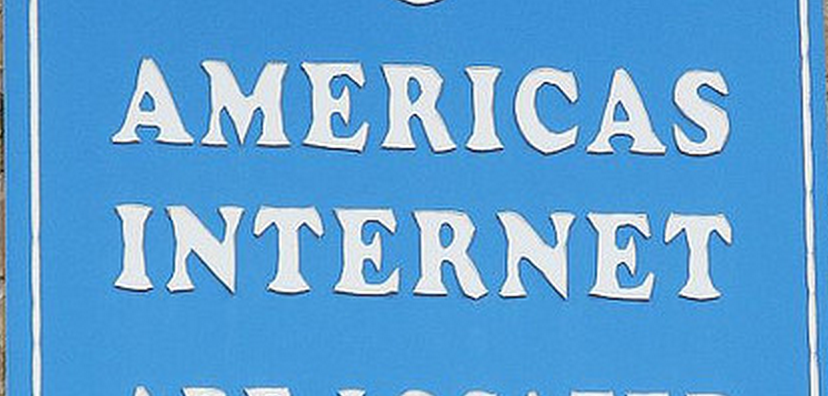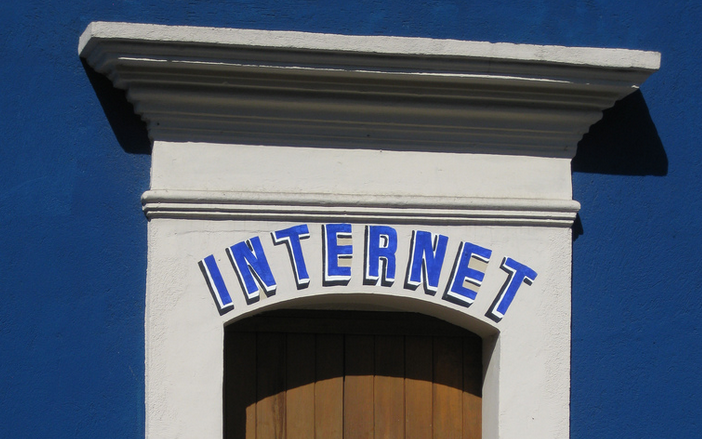More than a year after the FCC voted to preempt state laws in Tennessee and North Carolina that heavily restrict city- and county-owned utilities from providing broadband to consumers, the states and the federal regulator finally had their day in court. [More]
muni broadband
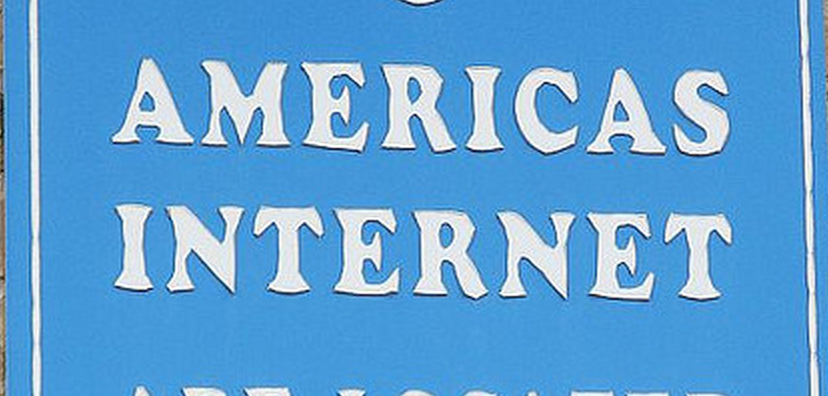
Appeals Court Questions Tennessee & North Carolina Lawsuit To Restrict Community Broadband
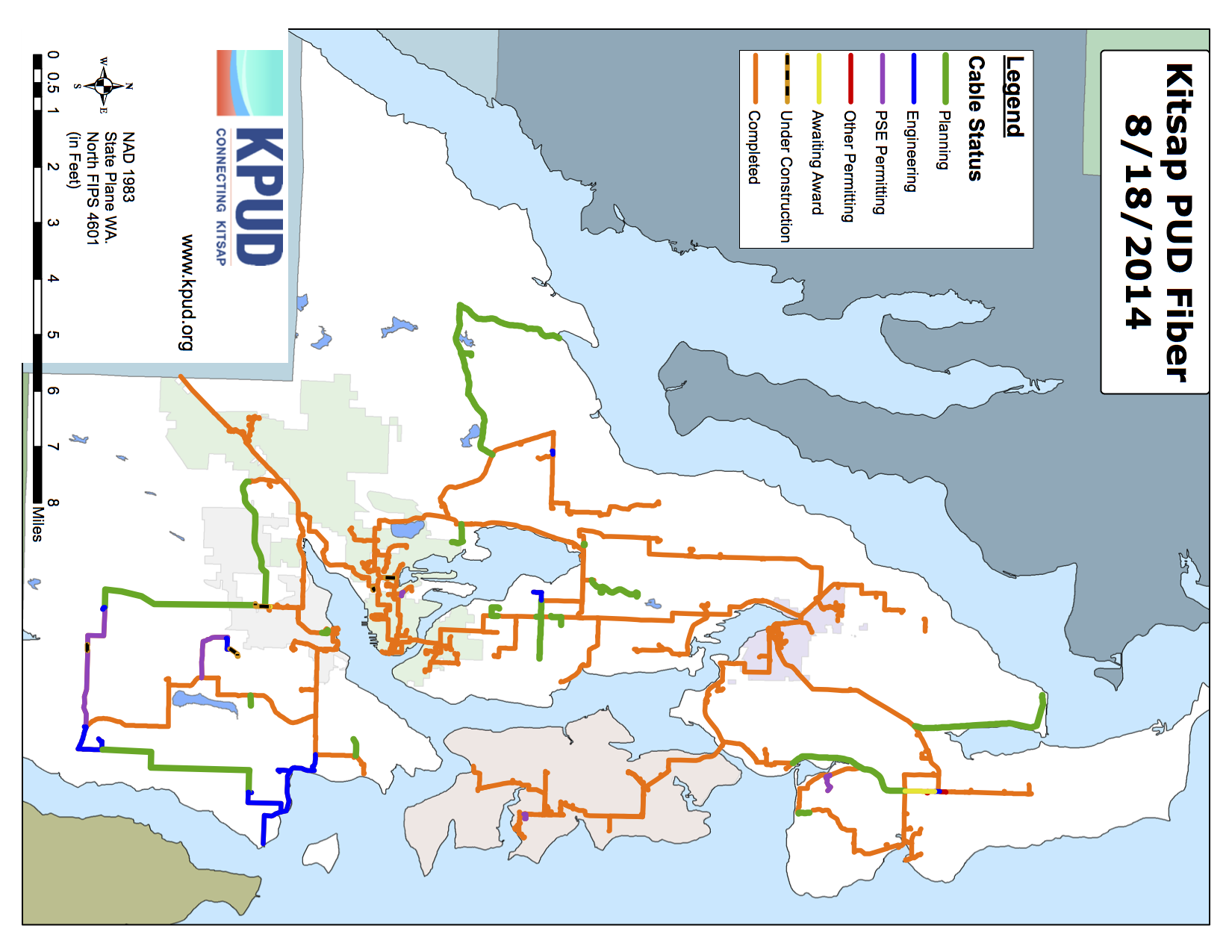
Washington Law Would Let Counties Sell Broadband Service When Comcast Won’t
Last year, we told you about Seth, who had recently relocated to Washington only to find out he might have to sell his new house because Comcast had lied to him about being able to provide the Internet connection he needs for his home office. And even though the county runs a high-speed fiber network not far from his property, current state law restricts consumers from buying access to that service. Recently proposed state legislation hopes to right that wrong and give counties the ability to serve residents when Comcast and others refuse to. [More]

North Carolina Sues FCC To Keep Limits On Municipal Broadband
It’s been a big year for North Carolina in terms of improving the Internet connections for many of its residents. Google Fiber will bring new options to multiple markets in the state, and the FCC acted against a state law that limits municipal broadband providers from expanding their services. But rather than acknowledge that maybe it shouldn’t let Time Warner Cable dictate state laws, North Carolina has sued the FCC. [More]
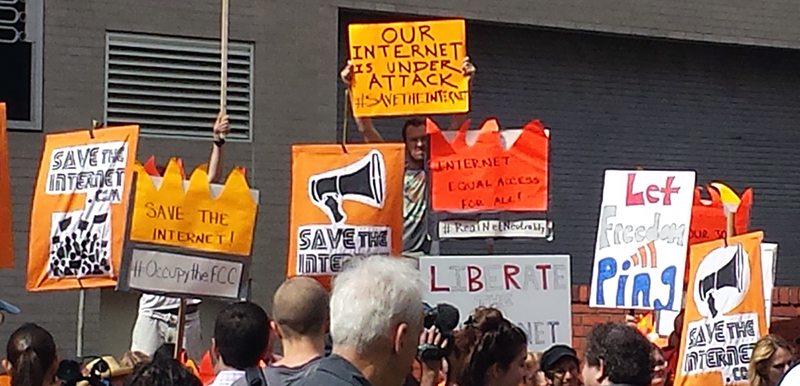
What You Need To Know About Tomorrow’s Votes On Net Neutrality And Municipal Broadband
On Thursday morning, the Federal Communications Commission will sit down to discuss and vote on two big issues — net neutrality and municipal broadband — that the cable and telecom industries have campaigned heavily to defeat and obscure. Because of these industry-backed efforts and the legalese involved, many consumers are having difficulty separating myth from reality. In an effort to cut through that haze, we’ve attempted to answer the most pressing questions about these two topics before tomorrow’s vote. [More]
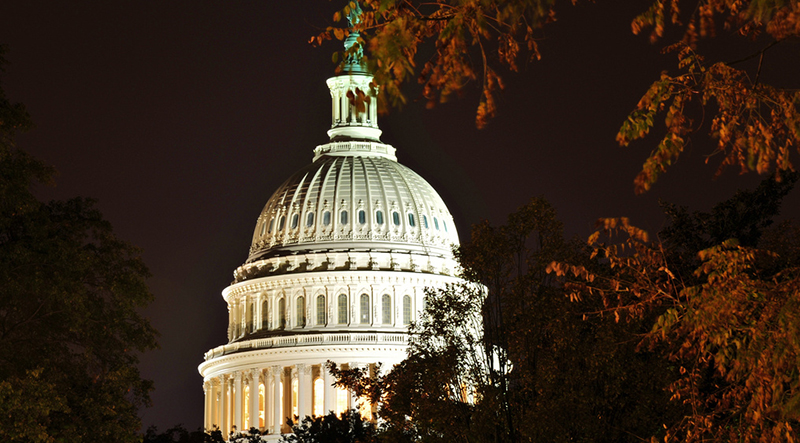
Senators Introduce Bill To Block States From Blocking Public Broadband
Congress is just all up in the FCC’s business lately, it seems. Earlier this week, lawmakers in both houses proposed their own version of net neutrality, one that would also strip the FCC of its own authority to regulate broadband in the future. Today, there’s a bill looking to jump into one of the FCC’s other big issues right now: state laws that prohibit communities from developing municipal broadband. [More]
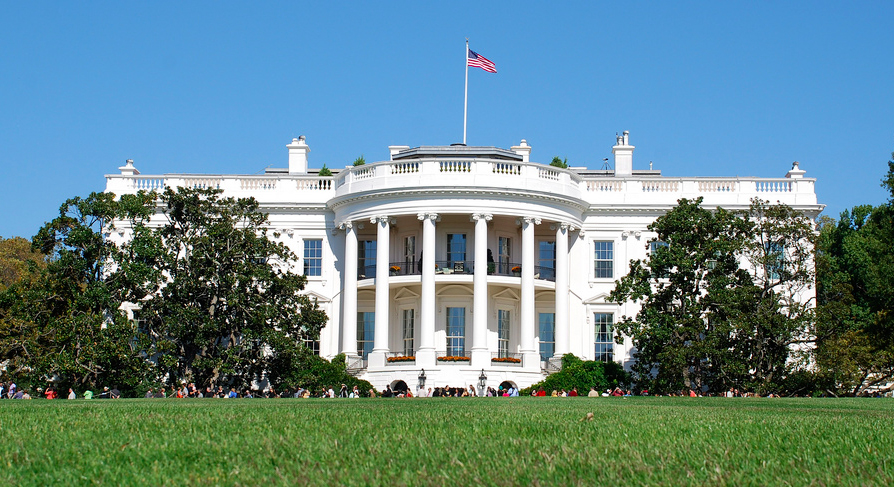
White House Calls For More Municipal Broadband Networks, Urges FCC To Override State Laws Blocking Them
The White House is on a tear with major internet issues this winter. After two other speeches this week in which the President called for stronger consumer data protections and stronger cybersecurity laws, today President Obama will deliver remarks in Iowa singing the praises of municipal broadband and asking the FCC to do away with the laws that block them. [More]

AT&T “Intervenes” In City’s Public Broadband Project, But Says They Won’t Interfere
A small city in Kansas has a fiber network that currently serves local government and civic buildings. They also have a plan in mind to expand that network and offer inexpensive gigabit fiber connections to every resident and business. That’s great news for the locals, but not such great news for the incumbent ISP, AT&T, which has won the right to “intervene” in the process. [More]

AT&T: Municipal Broadband Should Be Banned Anywhere Private Companies Might Want To Do Business Later
It’s no secret that AT&T and other big ISPs are no fans of municipal broadband projects. There are laws on the books in many states that block the expansion of municipal networks, but the FCC is considering using its authority to override those laws and let communities build networks if they wish. AT&T is also no fan of this proposal. In fact, says AT&T, not only should public networks be barred anywhere there is already a private option, but also they should be barred in any place there might possibly be a plan to build a private option in the future. [More]

FCC Chair Now Has Two Chances To Overturn Bans On Municipal Broadband
Thanks to deep-pocketed telecom lobbyists, 20 states in the U.S. have laws that either ban or heavily restrict local governments from creating or investing in public broadband networks, and more states are trying to jump on that ban-wagon. For months, FCC Chair Tom Wheeler has been saying that his agency could use its authority to preempt these anticonsumer laws and give municipalities the ability to invest in Internet infrastructure if they want. Now it’s time for Wheeler to put up or shut up, as the FCC ponders petitions from groups in two states. [More]
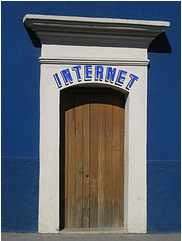
FCC Chairman: FCC Should Preempt State Laws That Ban Or Restrict Municipal Broadband
Broadband competition in the United States stinks. One alternative is for local entities — cities and municipalities — to create their own public networks, when big companies like Comcast don’t or won’t serve them. But in 40% of states, there are laws on the books implicitly or explicitly forbidding public broadband. This week, FCC Chairman Tom Wheeler appears to be making good on his earlier remarks and is directly challenging those state laws. [More]
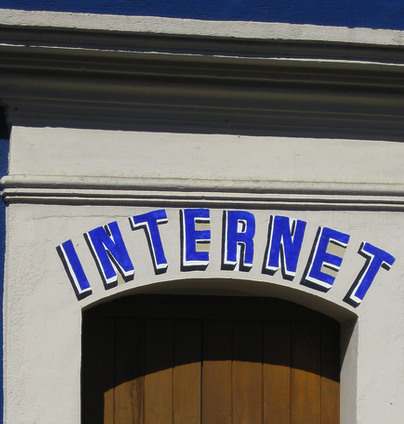
Will FCC Overturn State Laws Blocking Municipal Broadband?
Because heaven forbid someone other than cable and phone companies offer quality Internet access, some 20 states have laws that either ban or heavily restrict municipal broadband, and recent attempts to ban muni broadband in Kansas, and Georgia have only failed following public outcry. Yesterday, FCC Chair Tom Wheeler gave some hope that his agency would stop new bans from being put in place, but didn’t mention the fate of the existing laws. [More]


